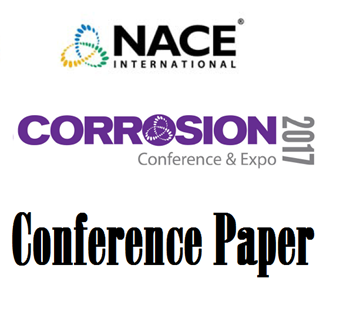Search
07253 Cavitation Corrosion Behavior of Carbon Steel, Al-Bronze and Cobalt-Based Alloy in Seawater
Also Purchased
Service Performance of Ni-Al Bronze in Marine Environments
Product Number:
51317--9298-SG
ISBN:
9298 2017 CP
Publication Date:
2017
$20.00
04294 Corrosion Assessment of Nickel Aluminum Bronze (NAB) in Seawater
Product Number:
51300-04294-SG
ISBN:
04294 2004 CP
$20.00
04301The Environmental Factors Affecting the Performance of Nickel Aluminum Bronze
Product Number:
51300-04301-SG
ISBN:
04301 2004 CP
$20.00




